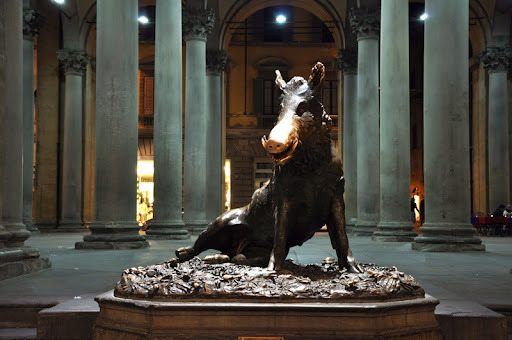#taking control of our inner world's construction brought about much easier communication with some of the alters
Explore tagged Tumblr posts
Text

Il porcellino in Mercato Nuovo, Florence
#I hold a recreation of him in my mind near the appenine colossus#they sit at the bottom of a garden i made mostly for Lami inside the Santa Maria del Fiore#i like to stand there and watch him. hoping he'll stand up and hop off his fountain. walk over to Lami or Claire and be their protector#helping Lami to not be overcome with anxiety#being something solid in Claire's childhood that won't leave or forget her#I've heard of other systems having the equivalent of NPC's and that's my hope with him#taking control of our inner world's construction brought about much easier communication with some of the alters#mostly writing this to order my thoughts for when I start seeing the therapist but if you're reading any of this feel free to ask questions#Rebien rambles
4 notes
·
View notes